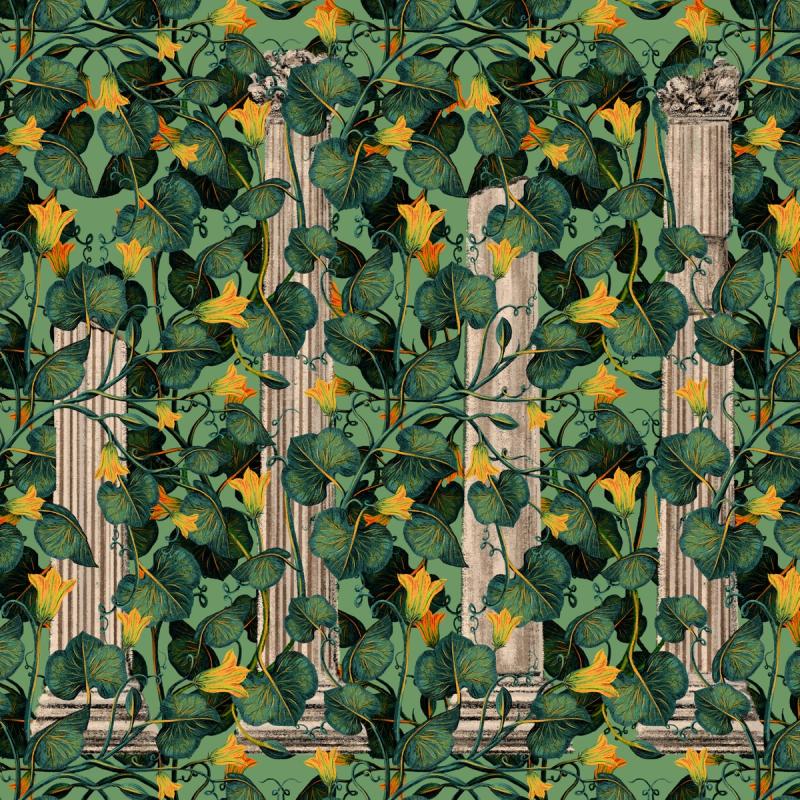Poetry may be the sharpest tool of human self-awareness ever invented. Whether wielded as an ax or a scalpel, poetry carves with compact lucidity, revealing ourselves to ourselves like nothing else. This is biblical. Not just in the sense that fully one-third of the Bible is poetry, but in the sense that from the start, the Bible makes a point of describing human beings poetically. Moses celebrates the creation of human beings in God’s own image by reciting a poem about us:
So God created man in his own image,
in the image of God he created him;
male and female he created them.
(Gen. 1:27)
And the first recorded words from the first man are a poem composed upon seeing his new wife:
“This at last is bone of my bones
and flesh of my flesh;
she shall be called Woman,
because she was taken out of Man.”
(Gen. 2:23)
Poems continued to be a worthy revelatory tool even after we failed to live up to these initial accolades. It seems poetry remains fresh even after its subject matter has spoiled. Paul’s invective in Romans 3:10–18, quoting King David in Psalm 14, is painfully blunt but cuts no less deeply for it:
None is righteous, no, not one;
no one understands;
no one seeks for God.
All have turned aside; . . .
no one does good,
not even one.
Christians aren’t the only ones who share in this celebration and derision of good but fallen humanity. Everyone at some time or other despairs over human nature.
Poetry is a powerful God-given tool for piercing through to the complex truth about human beings—and sometimes, by God’s grace, it can even wake us up. That’s why I’m happy Modern Reformation publishes poetry and why I’m so pleased to introduce our new poetry editor, Jonathan Landry Cruse. Jonathan is pastor of Community Presbyterian Church in Kalamazoo, Michigan, and author of The Christian’s True Identity. Demonstrating his poetry bona fides, Jonathan is also a hymn writer. We welcome Jonathan to our team and trust that, by God’s grace, he will bring the same skill and enthusiasm to this role displayed so ably by the late Larry Woiwode.
Poetry powerfully conveys truth about the mystery of human character, but that’s not the most powerful thing about it. Since most of the Bible’s poetry is dedicated to revealing the ineffable character of God, it stands to reason that it’s an excellent tool fit for this purpose too. In doing so, poetry tells us something else: We should be suspicious of theology that has no place for beauty. Whether truth is pleasant or painful, it is always beautiful. And it must always lead to praise.
Brannon Ellis is executive editor of Modern Reformation.







